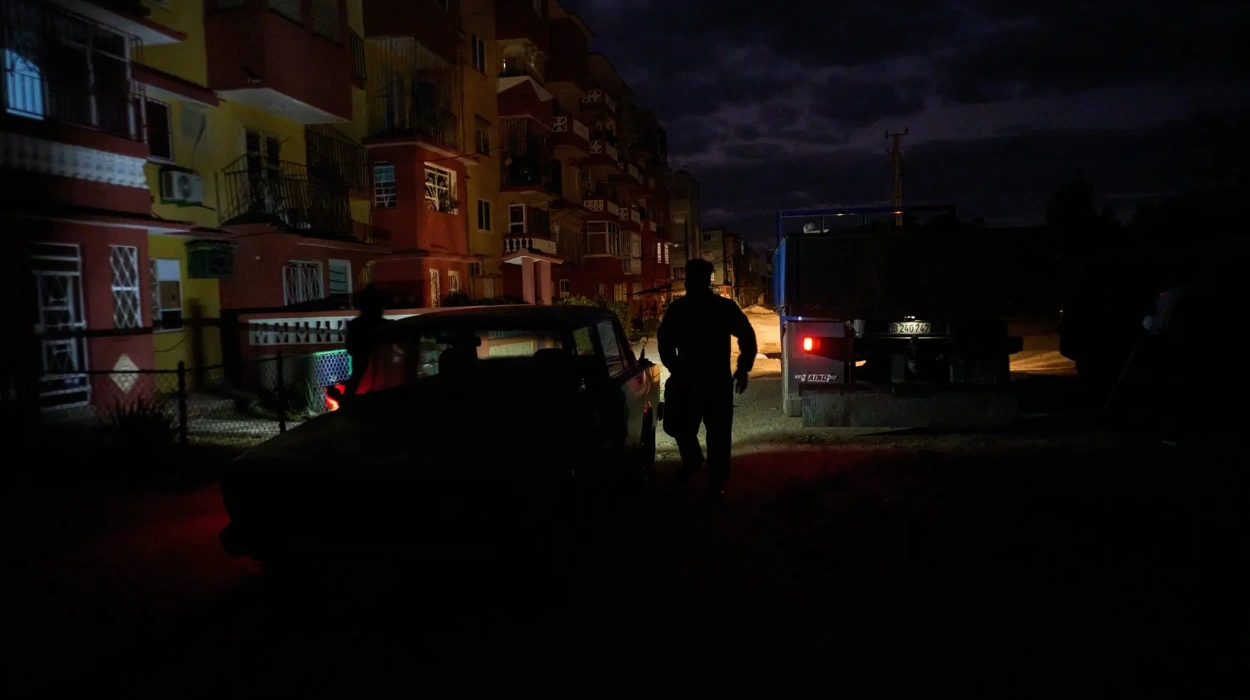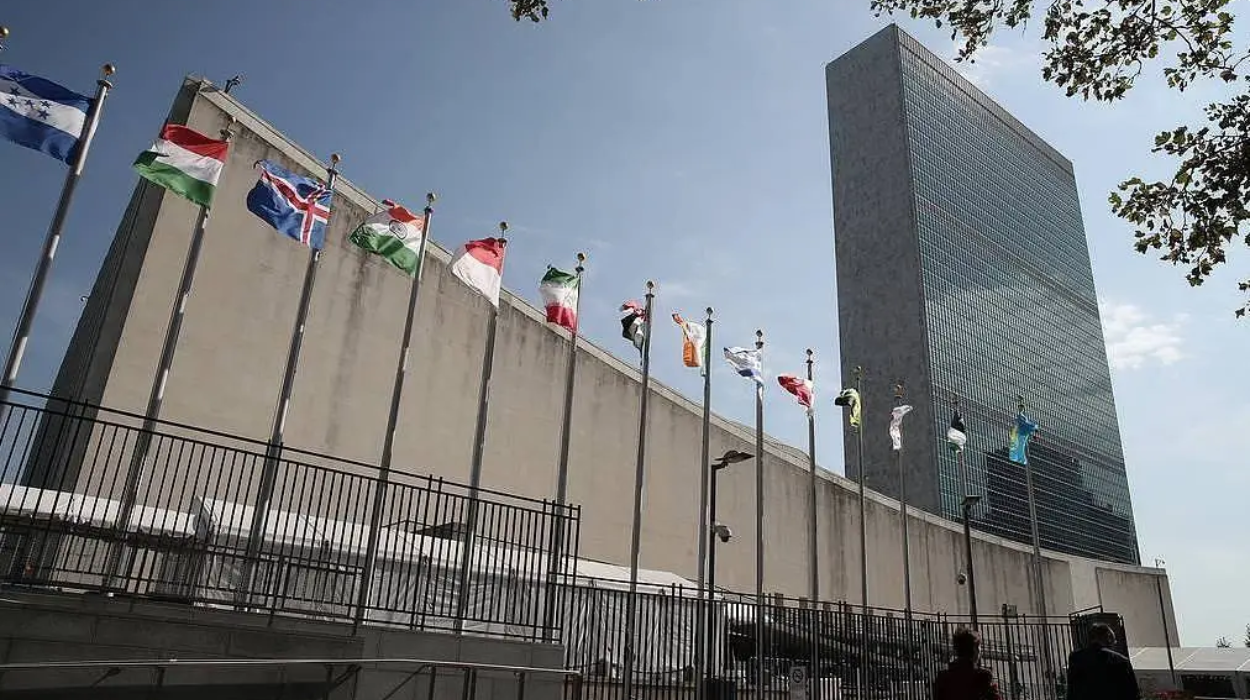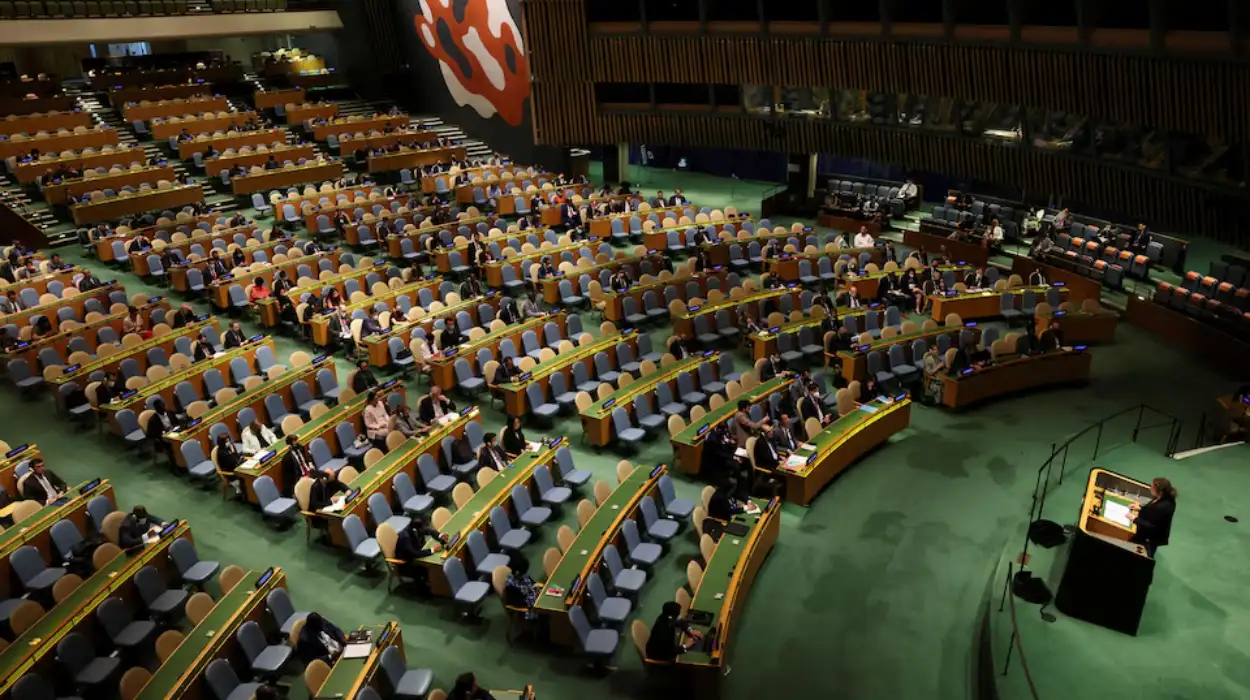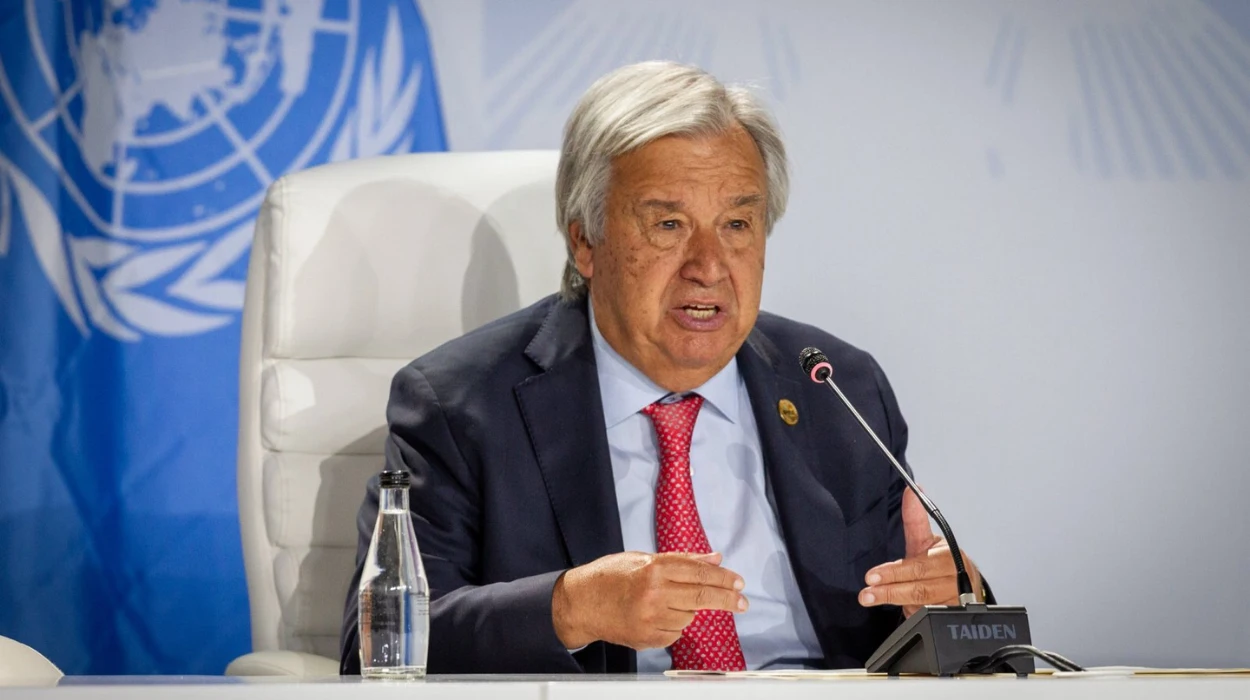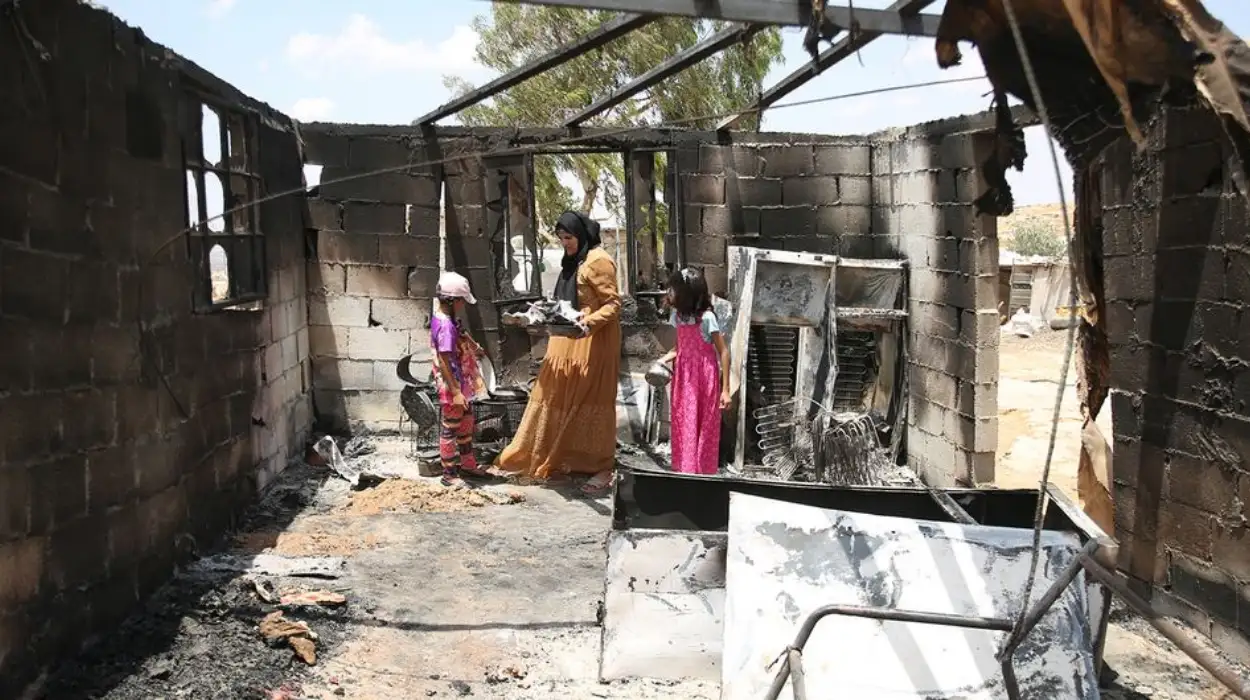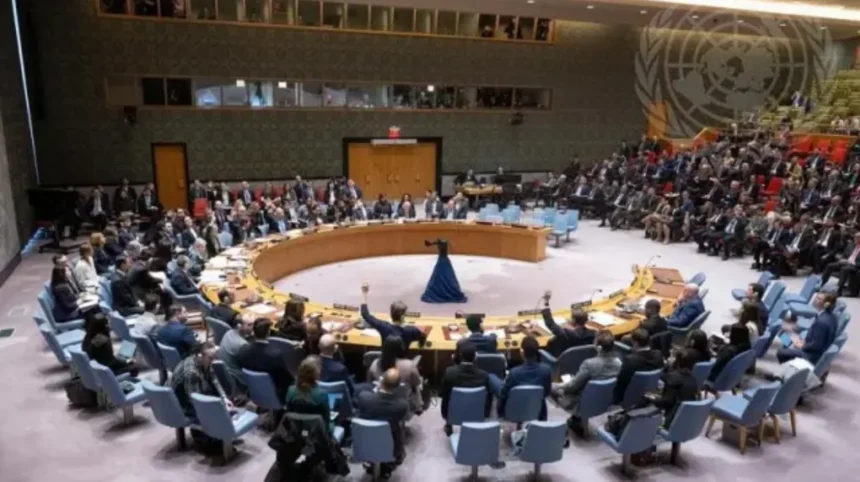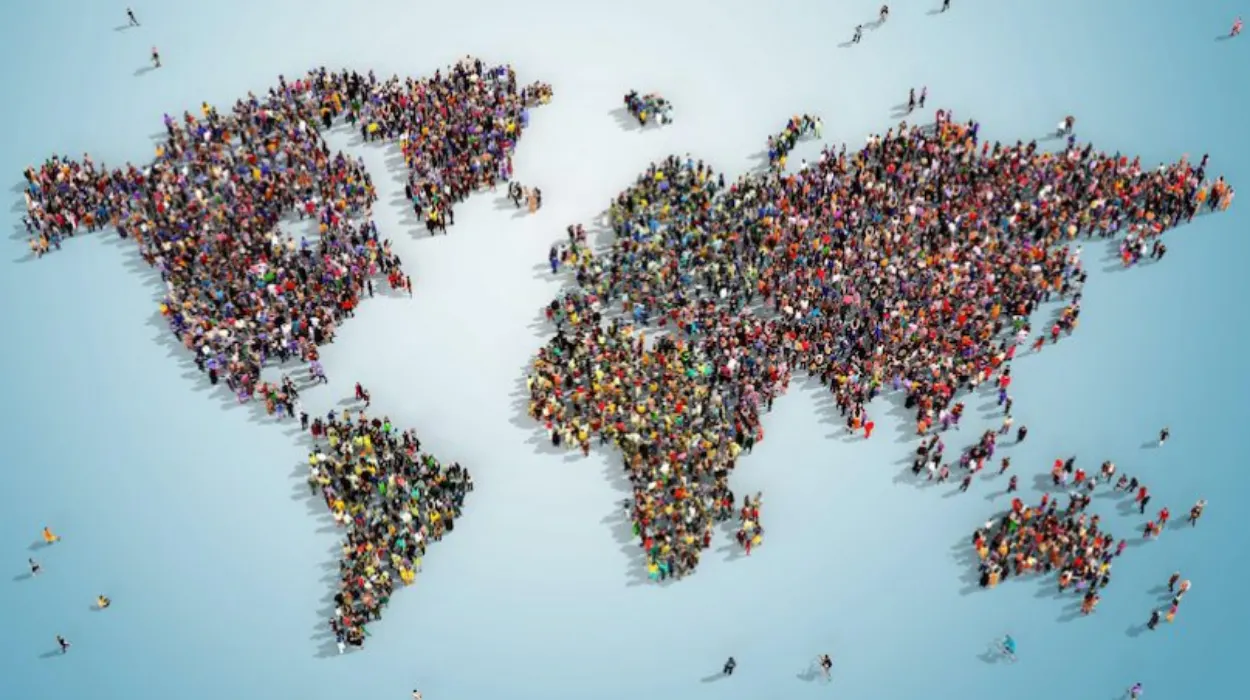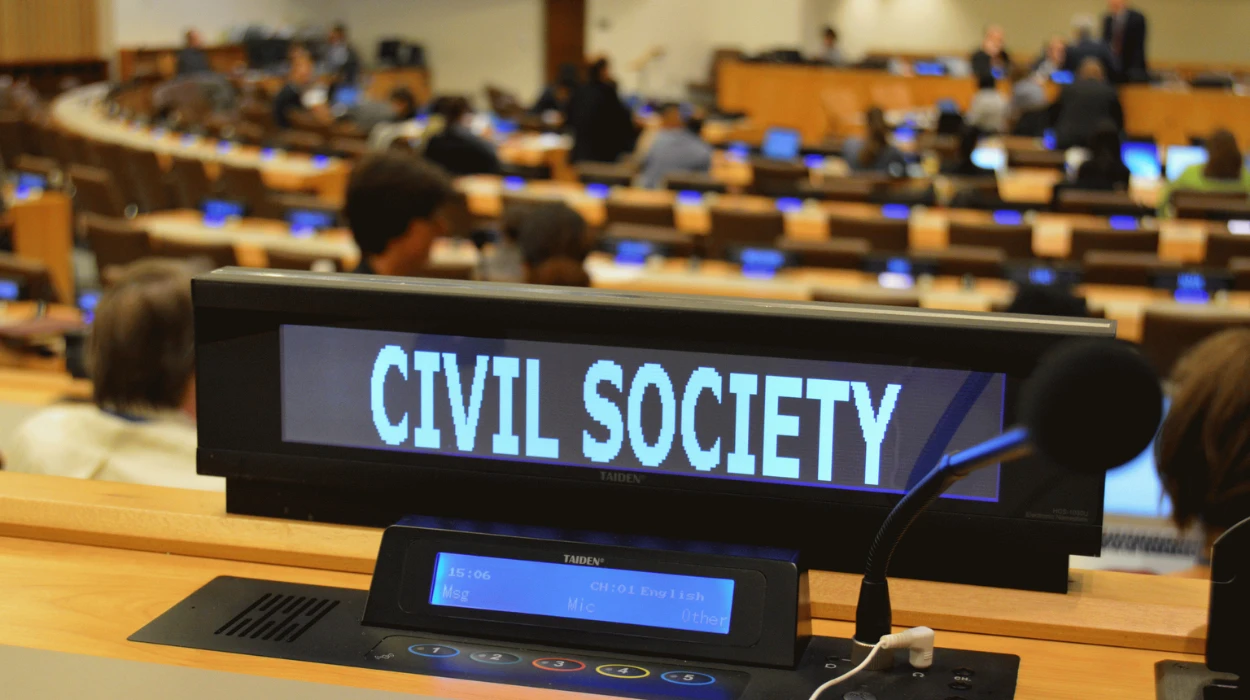The United Nations Security Council (UNSC) has been one of the key players in dealing with world crises and has the responsibility of ensuring peace and security. It issues reports, undertakes peacekeeping missions and makes binding resolutions. However, its efficacy is often limited by the veto right of its five permanent members China, France, Russia, the United Kingdom, and the United States.
Such a structural advantage tends to come in the way of action, where one state can stop important decisions. The 2025 scenario shows how the tension between collectivism and sovereignty will persist as the world crises increase. The analysis of the impact of veto power on the implementation of the Security Council recommendations helps to bring out the wider constraints within the peacekeeping architecture of the UN.
The structure and power dynamics of the Security Council
UNSC is composed of fifteen members, five having permanent status and veto powers. This system was created according to the Charter of the UN in 1945, which means it was based on the power disparity at the conclusion of World War II. The veto power was created to make sure that there is an agreement among the major powers and will help lower the chances of using enforcement measures that may lead to an international war. Nevertheless, the same mechanism has been used to restrict responsiveness of the Council to the changing humanitarian and security threats.
Effectively, it has turned the veto into a political weapon instead of having been a diplomatic protection. Even though decisions have to be made by the majority of nine votes, it only takes the objection of one permanent member to disregard the desires of the masses. Consequently, critical crises are usually characterized by the stunted reaction of national interests of the P5 where national interests are at stake.
Frequency and trends in veto usage
Through the UNSC, there have been more than 300 vetoes that have been recorded since its establishment in 2025. Russia is the highest user having vetoed 129 resolutions mostly in Syria and Ukraine. The United States comes next with 89, most of them being resolutions related to Israel. China has consistently vetoed 21 times since the late 1990s usually in conjunction with Russia. In comparison, France and the UK have exercised the veto quite sparingly over the past decades, and have not used it since 1989.
This trend displays the fact that vetoes are directly related to the geopolitical conflicts especially when the national interests or national alliances are involved. This translates to a number of UN-supported reports being either shelved or not enforced even when they are pegged on comprehensive field data and multilateral agreements.
Case studies of overlooked UN reports and recommendations
The UN action in Libya in 2011 under the doctrine of Responsibility to protect (R2P) is a landmark in the argument on UNs action. The intervention was initially supported by a wide coalition and an UNSC Resolution 1973, which was intended to stop mass atrocities. Nevertheless, the vacuum and collapse of the regime after the intervention resulted in years of instability, which caused some members to think over military authorizations in the future.
The Council has since been reluctant to intervene on other subsequent crises under R2P. Skepticism and political paralysis greeted recommendations on additional peace enforcement in Libya as early as 2014. In Libya, the situation is not stable yet and by 2025 there are still frequent UN reports that need humanitarian coordination and security assurances to be brought into concerted action.
Syria and the paralysis of multilateral consensus
The Syrian war can be considered one of the brightest examples of dysfunction in the UNSC. With more than ten years of war, several reports have been made concerning the common atrocities, the application of chemical weapons, and the humanitarian blockades. Nonetheless, the most frequent vetoes have been made on draft resolutions which suggest a sanction, ceasefire, or accountability mechanism. Most of the time Russia has been assisted by China.
The consequence has been a loss of trust in the UN capacity. The fact that the Council failed to act in spite of the overwhelming evidence is a testimony to the limitation placed upon the alliance of politics. Such investigative efforts as the Independent International Commission of Inquiry on Syria of the UN are still working, however their findings do not have much effect unless enforced by the Security Council.
Yemen, Myanmar, and limited follow-through
The Yemen and Myanmar conflicts also demonstrate the silencing nature of geopolitical interests on the UN warnings. Ceasefire and aid corridor recommendations by the Security Council in Yemen have encountered delays and watering down on the basis of member states sensitivities, especially alliances with Saudi Arabia in the region. In Myanmar, after the 2021 military coup, recurring UN statements and resolutions were blocked at the insistence of China and Russia, restricting the rest of the world in responding to human rights violations by the military.
UN agencies and peace operations in such areas are still reporting violations, but until there is a concerted implementation of this, the impact is minimal. The trend shows that veto power can make the most comprehensive terms and conditions irrelevant.
The complexities of human rights reporting
Peacekeeping missions and humanitarian agencies of the UN need precise reporting to attract attention to the violations and gather support. Nevertheless, these results are often dismissed by host governments as biased or intrusive. This type of political opposition, usually supported by the support of permanent Council members, can result in the confrontation and limited access of the UN missions.
In 2025, reports in other regions like Darfur and South Sudan still struggle to be disseminated and implemented. The need to secure the position of civilian populations is always subjugated to political interests and peacekeeping mandates are usually at the receiving end when governments feel that UN findings are aimed at undermining their sovereignty.
Balancing exposure with diplomatic viability
To ensure cooperation and at the same time keep the accountability levels high, the UN has resorted to using more understated mechanisms. Certain reports are disclosed privately to the stakeholders prior to their disclosure to the public to enable diplomatic interaction. This strategy however is dangerous in slowing down reaction and blurring of urgency. The thin border between the diplomatic necessity to keep the operations running and the international standards is an issue that haunts UN missions.
Addressing systemic barriers to UN effectiveness
Several reforms suggested in the usage of veto have come up within the last ten years. One of the most outstanding is the French-Mexican project, which suggests voluntary veto restraint cases of mass atrocities. Such initiatives being symbolic as they are are opposed by other permanent members who do not want to lose power.
The second strategy that is becoming prevalent in 2025 is the application of the Uniting for Peace resolution in the general assembly and member states can skip the security council in certain instances. Such actions are not legally binding, but they have some symbolic power, and they can serve to keep the pressure on the international level at the times when the Council stalemates.
Strengthening informal coalitions and regional leadership
Due to the inability to achieve formal reform, states and organizations have resorted to informal diplomatic groupings. These penholder coalitions- they consist of members of the UNSC, as well as non-members engage in drafting of resolutions, carry on shuttle diplomacy, and keep the attention focused on crises that are not attended to. The use of regional organisations to coordinate peace is also gaining momentum to the extent that the UN structure fails to work effectively, e.g. the African Union and ASEAN.
Building cross-regional partnerships that extend beyond traditional alliances allows for more adaptive responses and increases pressure on intransigent states. By leveraging diplomatic capital and civil society momentum, these mechanisms can help convert stalled UN reports into actionable frameworks.
The structural barriers posed by the veto power continue to challenge the effectiveness of UN peacekeeping and enforcement. Yet, the persistence of conflict and the moral imperative of protection drive innovation among diplomats, regional actors, and civil society. As the world navigates complex crises in 2025 and beyond, the task is not merely to produce reports or issue recommendations, but to ensure they are heard, respected, and transformed into meaningful action. The capacity of the international community to uphold its principles will depend on its willingness to confront power imbalances and reimagine consensus in the face of entrenched interests.


